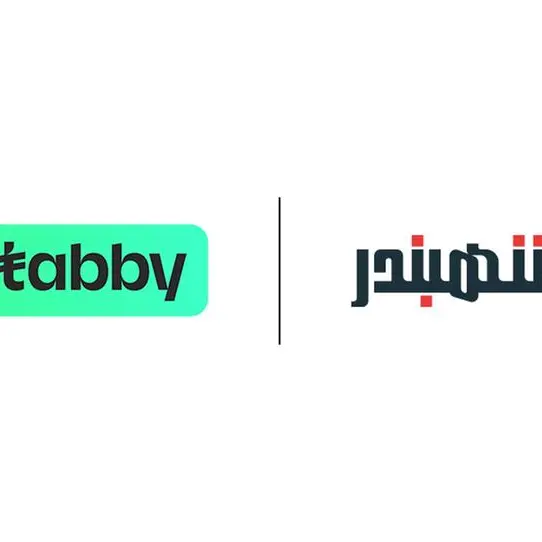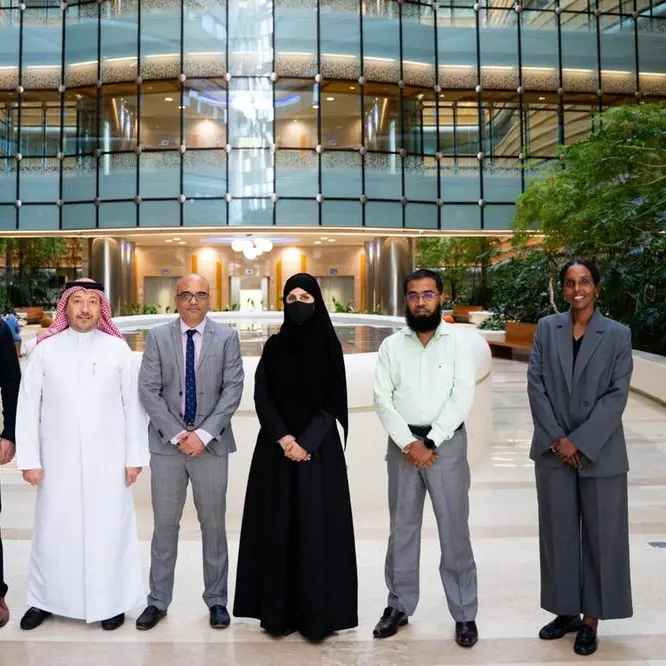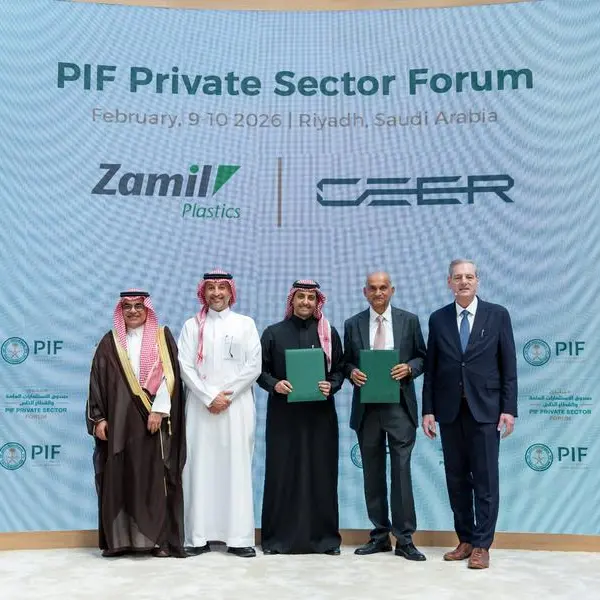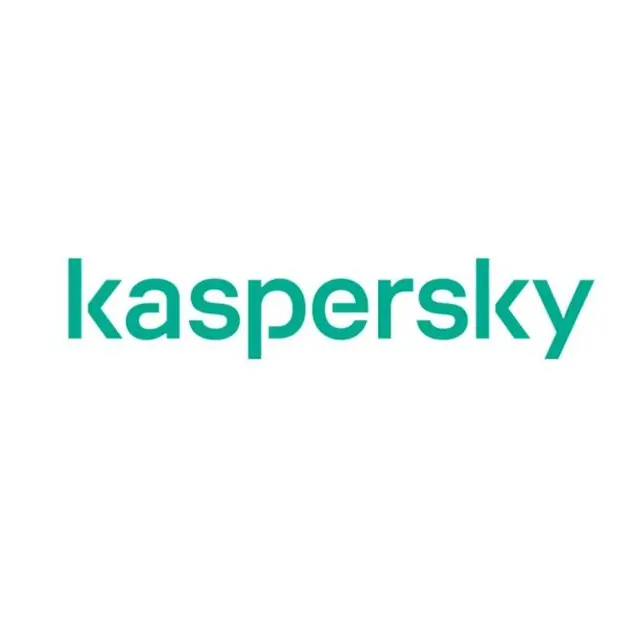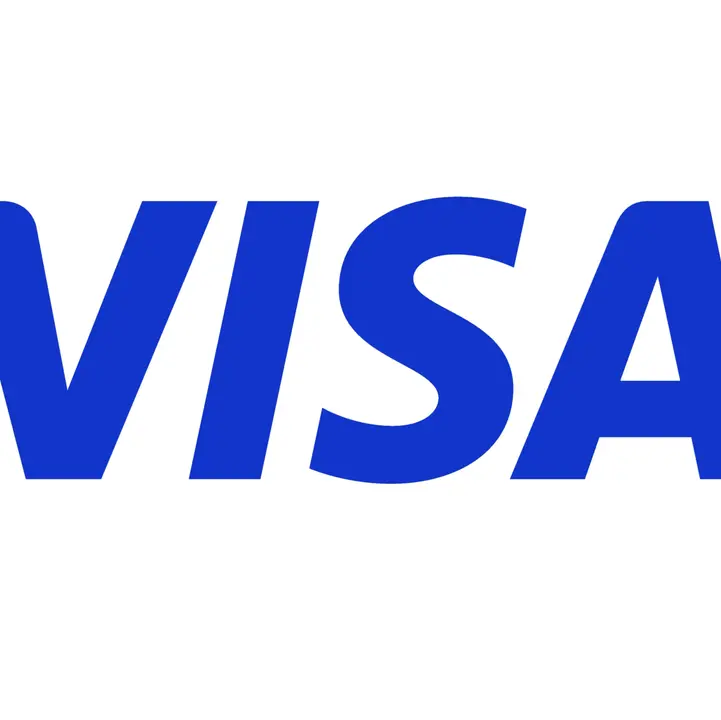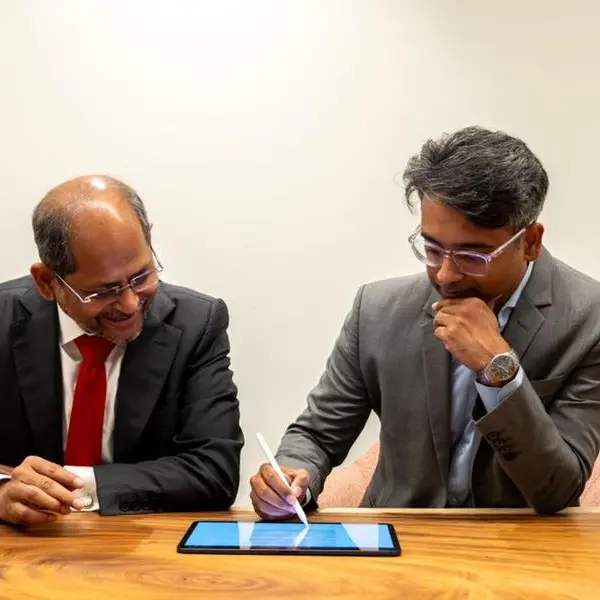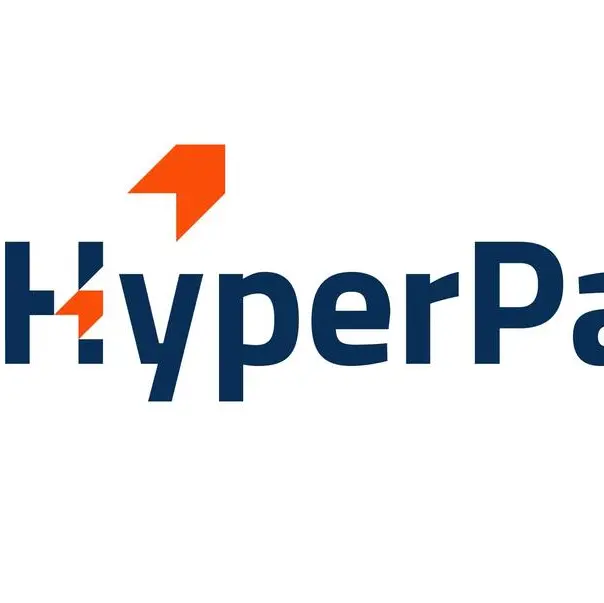PHOTO
Growthpoint Properties Limited (JSE: GRT) achieved robust operational results across its local and international investments for the 30 June 2024 financial year, with superb performance from the V&A Waterfront, an improved contribution from Capital & Regional (C&R), and steadily improving property metrics from its stable South African portfolio. The strong operational performance has, however, been overshadowed by the negative impact of higher interest rates, lower dividends from Globalworth Real Estate Investments (GWI) and reduced profit from the South African trading and development division, leaving distributable income down 10% in line with guidance provided to the market.
Norbert Sasse, Group CEO of Growthpoint Properties, comments, “The improvement in our domestic portfolio’s property fundamentals and the strong operational performance of our international investments, indicate that we may have passed the lowest point of the curve and are now seeing signs of improvement. We successfully progressed the company’s strategic initiatives in a year that was as tough as ever but ended with brighter prospects on the horizon.”
Sasse notes that post-election, there is a more bullish feeling overall. “There is undoubtedly a greater sense of positivity, which has resulted in a rise in foreign investment in SA bonds and equities and will become more evident in the property sector as higher interest rates start working their way out of debt-servicing costs.”
Sasse adds, “Interest rates are anticipated to come down, and the effect of this is likely to start showing in our business from the second half of FY25. Nevertheless, the ongoing refinancing of interest rate swaps and cross-currency interest rate swaps at significantly higher rates continues to remain a challenge for earnings growth.”
In line with this, the solid operational performances produced by Growthpoint’s direct and indirect investments in FY24, remained overshadowed by higher interest rates globally. Growthpoint will distribute a total dividend per share (DPS) of 117.1cps, 10% down from the prior year, based on a payout ratio of 82.5%. Total property assets decreased by 2.8% to R174.7bn at year end..
Growthpoint’s diversified portfolio and income streams position it defensively for FY25. The improvement in its domestic portfolio’s property fundamentals and the strong fundamentals of its international investments indicate the bottom of the property cycle. It is, however, important to recognise that the ongoing impact of high interest rates, both locally and domestically, remains a challenge for distributable income per share (DIPS) growth in FY25, which is expected to decline by 2% to 5%. As Growthpoint assesses interest rate expectations across its investment geographies, it is evident that there are positive indicators supporting its outlook for FY26 when Growthpoint expects positive DIPS growth to resume.
Growthpoint’s group SA REIT loan-to-value (LTV) ratio was 42.3% (FY23: 40.1%), impacted mainly by an increase in Growthpoint Properties Australia’s (GOZ) LTV as a result of valuation write-downs. It recorded an interest cover ratio (ICR) of 2.4 times (FY23: 2.9 times). Growthpoint enjoys excellent access to funding and secured attractive margins during the period. Even so, it was not immune to the impact of high interest rates and significant refinancing of cross-currency interest rate swaps resulted in higher interest rates than those on expiry. 78.9% of its SA debt book is fixed for an average term of 1.9 years at a rate that moved up from 9.1% to 9.6%, or from 6.7% to 7.2% if you include cross-currency interest rate swaps and foreign-denominated debt. Net SA finance costs increased by R381.0m from FY23, and its weighted average term of debt increased from 3.5 years to 4.0 years.
“We believe LTVs, linked to valuations, are stabilising, other than possibly for GOZ where interest rates are lagging. We will, however, continue to focus on strategic initiatives to preserve liquidity and balance sheet strength in the long term. This supports us in achieving our key goals of enhancing the quality of the SA portfolio and optimising our international investments,” says Sasse.
Growthpoint remains well capitalised with significant access to liquidity, with R465.9m cash on its SA balance sheet and R6.3bn in SA unutilised committed debt facilities, with both numbers including Growthpoint Investment Partners. It will retain a further R842.3m from its 82.5% payout ratio. Growthpoint has a modest R2.8bn of debt maturing in the next 12 months, and the outlook for both its Fitch global scale rating at BB+ and national scale rating at AAA(zaf) and Moody's global scale rating at Ba2 and national scale rating at Aa1.za, remain stable.
Growthpoint continued optimising its international investment, with 42.1% of property assets by book value located offshore and 32.4% of DIPS earned offshore. Foreign currency income remained steady at R1.6bn.
Growthpoint owns 57 office and industrial properties in Australia valued at R54.7bn through a 63.7% shareholding in GOZ and six community shopping centres in the UK valued at R9.2bn through a 68.9% investment in LSE- and JSE-listed C&R. Through its 29.5% investment in LSE AIM-listed GWI, Growthpoint owns an interest in 59 office and mixed-use properties in Poland and Romania with its effective share valued at R15.1bn. Growthpoint reinvested the June and December 2023 dividends received from C&R and GWI and invested in C&R’s open offer for the acquisition of Gyle Shopping Centre in Edinburgh.
“GOZ remains a core investment for Growthpoint, and we continue to evaluate all options to maximise the value of our investments in C&R and GWI,” says Sasse.
The excellent operational performance that distinguishes GOZ continued. It recorded successful leasing, supporting a portfolio occupancy of 97% by gross lettable area, of which 80% is leased to the government, listed and large organisations. It continues to have a long weighted average lease expiry of 5.7 years.
GOZ’s balance sheet is robust. Its gearing, although up from 37.2%, remains within its target range at 40.7%, driven by higher interest rates that saw GOZ’s portfolio valuation decline for the office and industrial sector by 11.2% and 1.8%, respectively, on a like-for-like basis over 12 months, with the total portfolio valued at AUD4.4bn at FY24. GOZ extended AUD470.0m of bank facilities in FY24. 74.5% of its debt is fixed for an average term of 2.5 years at a rate of 3.4%, and it has AUD293.0m of undrawn debt facilities.
With a slightly increased payout ratio from 79.4% in FY23 to 80.7%, GOZ’s DPS decreased from AUD21.4cps for FY23 to AUD19.3cps for FY24, while its funds from operations (FFO) per share declined by 10.8% to AUD23.9cps for FY24 from AUD26.8cps in the prior year. This is principally due to the material once-off lease cancellation fees received in the prior period, the disposal of two assets and higher interest rates.
“While GOZ still plans to grow its funds management platform, conditions were not conducive to furthering this growth during the year. The headwinds GOZ faced in FY24 have not yet fully subsided, and it has provided FY25 FFO guidance of AUD 22.3cps to AUD 23.1cps and distribution guidance of AUD 18.2cps,” confirms Sasse.
C&R’s community-focused, value-driven, needs-based retail strategy has driven a period of robust operational performance. Net rental income growth of 17.4% mainly due to the acquisition of Gyle Shopping Centre. Like-for-like property valuations increased 0.6% and have been stable over the last three years. C&R achieved strong leasing results, with new leases signed at an average premium of 8.8% on previous rentals. Portfolio occupancy increased to 93.1% by GLA.
C&R increased its DPS to GBP5.8pps totalling R173.9m (FY23: 5.5pps or R103.6m). Their LTV ratio increased marginally from 42.0% at FY23 to 43.0%. C&R has an average debt maturity term of 3.6 years at an average cost of 4.25%, with 97.8% of debt fixed until September 2025 and 78% until at least January 2027.
“C&R is defensively positioned and expected to continue delivering a stable performance,” Sasse says.
GWI reduced vacancies to 13.8% from 14.5% at FY23, with impressive leasing outcomes underpinning a resilient operating performance. The disposal of its fully owned industrial portfolio was the main contributor to a 10.8% decrease in GWI’s portfolio value. GWI has low gearing of 39.9%, EUR210.3m of cash on hand and EUR187.0m of undrawn debt facilities.
Given the significant refinancing of its Eurobond during the year, at 6.25% versus 3.0%, GWI’s DPS reduced 27.6% to EUR21.0cps totalling R304.0m (FY23: EUR29.0cps or R395.4m)
“GWI has bedded down its bond refinance, which places the company more firmly on the front foot, with liquidity to pursue opportunities in the market,” notes Sasse.
In South Africa, Growthpoint owns and manages a diversified core portfolio of 345 retail, office, and logistics and industrial properties. It also owns nine trading and development properties. Its continuous drive to elevate the quality of this portfolio includes investing in its core assets to protect and enhance value through active asset management initiatives, and developing new high-quality assets, refurbishing existing assets, disposing of non-core assets, and enhancing sustainability initiatives across all three sectors.
Growthpoint continued to invest in the portfolio with upgrades and new developments of R2.1bn. It sold 17 non-strategic properties for R907.7m during the year and two trading and development properties for R294.3m with a combined profit on book value of R24.4m. It intends to sell a further R2.8bn of assets in FY25. In total, Growthpoint has sold 161 properties for R12.4bn since 1 July 2016. It also continued to recycle capital from the sale of smaller, non-core properties into developing and redeveloping quality assets.
With almost all key numbers improving, the SA business delivered an admirable operational performance. Overall, vacancies improved with excellent letting, reducing from 9.7% to 8.7% over the year. Even office occupancies made a noteworthy recovery. Rental renewal growth demonstrated an equally encouraging trend, moving from -12.9% to -6.0% over the same period. Likewise, its renewal success increased from 64.9% to 76.3%. Bad debts and arrears reduced dramatically and are reverting to long-term trends.
The SA valuations, with a portfolio value of R66.3bn (FY23:R64.1bn) at FY24, were positively impacted by the improved property metrics across all three sectors and reduced vacancies in the office and retail sectors coupled with the repositioning of the portfolio to higher-quality assets by way of disposals and developments.
Growthpoint’s Cape Town and KwaZulu-Natal portfolios are performing particularly well, where all three sectors are nearing full occupancy. This is a good sign for positive rental reversions, as both markets are becoming more competitive.
Growthpoint’s total expense ratio for its SA business increased to 36.7% (FY23: 35.9%), primarily driven by disposals, above-inflation hikes in municipal rates and taxes, and rising utilities costs. On a positive note, with less loadshedding in 2024 so far, diesel spend reduced from R140.0m in FY23 to R112.6m in FY24, and diesel cost recoveries as a percentage of recoverable diesel spend was 82.0%.
The SA logistics and industrial portfolio is well-let despite a few challenging vacancies and has benefited from ongoing leasing success. Like-for-like net property income (NPI) grew by 2.6%. Renewal success increased considerably from 59.1% to 78.3%, and renewal rental growth moved up from -10.4% to -3.3%.
Overall, this sector is distinguished by relatively better property dynamics, supporting new developments. During the year it completed the speculative development of 15 units totalling 63,017sqm across Cape Town, KZN and Gauteng, all of which have experienced good leasing uptake. It also completed two client-driven developments in Gauteng, including a 28,375sqm logistics warehouse in Isando.
The SA retail property portfolio like-for-like NPI increased substantially, swinging positive from -1.7% for FY23 to +4.1% for FY24, and the portfolio value increased by 0.9%. Its core vacancy remained low, at 4.0%. Growthpoint’s retail portfolio continued to benefit from refurbishments and extensions at several malls, and strong trading density growth of 4.1% (FY23:6.2%) with the Western Cape outperforming at 5.7%.
In addition to the upgrades and extensions at River Square and Vaal Mall completed during the year, Growthpoint is set to finish the major redevelopment of Bayside Mall in November 2024. Its upgrade of Beacon Bay Retail, including a 3,100sqm expansion incorporating Builders Express, is scheduled for completion in June 2025. The Longbeach Mall extension for its 2,300sqm Builders Express will be ready in November 2025.
The office sector continued to recover as people returned to offices, and Growthpoint’s SA office property portfolio showed a welcome increase in value of 1.2% after printing a 0.9% decline in the prior year’s value. Vacancies were reduced yet again across all nodes, improving from 19.2% to 15.1% at FY24. Sandton, which represents 22.2% of Growthpoint’s office portfolio, showed a particularly notable change for the better, with vacancies reducing by around 33,000sqm during the period, taking the node’s vacancy rate from 28.7% at FY23 to a much improved 20.1% at FY24. Like-for-like NPI for this sector continued to firm, moving from -1.9% for FY23 to -1.0% for FY24. Similarly, renewal growth also improved significantly from -20.1% to -14.8%.
Growthpoint has two demand-driven developments underway in its office portfolio. It has initiated a net-zero carbon redevelopment at 36 Hans Strydom in Cape Town for Ninety One, who will occupy the building on a 15-year lease once completed in July 2025. Additionally, in response to tourism and hospitality demand in the Western Cape, Growthpoint is developing the 154-room Hilton Canopy Hotel in its Longkloof mixed-use precinct, set to open in December 2024.
Continuing to invest in the quality of its SA portfolio, Growthpoint has committed R1.5bn to furthering this in FY25. Growthpoint’s in-house trading and development division develops assets for its own balance sheet, earns development fees from external projects and profits from the sale of trading and development assets, and development projects for Growthpoint Investment Partners. This year the division earned R42.2m of trading profits, R9.8m of development fees and R25.4m of net property income.
The division was active with third-party trading and development projects, selling out its first major residential development, Kent residential apartments in La Lucia, Umhlanga, and a small community shopping centre in KZN. Additionally, its Riverwoods office-to-residential conversion in Bedfordview, is 80% sold, with proceeds expected in FY25. It also delivered two student accommodation properties, Horizon Heights and Fountains View, for the 2024 academic year. The team is currently working on The Crescent Studios (previously The Podium) and Arteria Parktown (33 Princess of Wales).
Growthpoint is committed to excellent environmental, social, and governance (ESG) performance and has made significant strides toward its carbon-neutral 2050 target. As part of its strong environmental actions, Growthpoint has installed 40.7MWp of solar power and has 123 green building certifications. Additionally, it signed a milestone Power Purchase Agreement (PPA) for renewable energy, securing 195GWh of green power, equating to 32% of its FY23 energy consumption. Its recently announced e-co2 solution provides tenants with renewable electricity at fixed escalations. Further, reducing water and waste intensity is a priority for FY25.
Growthpoint retains its Level 1 BEE status and continues to invest in successful corporate social initiatives, most notably the Property Point enterprise development programme. Due to its positive impact, this project has been widely adopted across the sector and become an industry-wide initiative.
“The stable and improving metrics from our SA business are encouraging, and we will continue improving the quality of this portfolio, including its sustainability, by championing renewable energy and similar solutions that support environmental and social stewardship,” says Sasse.
The iconic V&A Waterfront, Cape Town, in which Growthpoint has a 50% interest with its share of property assets valued at R11.5bn, delivered stellar results, with exceptional performances from its retail, hospitality and attraction sectors, driven by tourism. This strong position was bolstered by the completion of new developments, negligible vacancies at just 0.3% across the precinct, and strong demand supporting rental levels. The new Union Castle building is fully let, anchored by Marble restaurant and a flagship Nike store, and will open in time for the festive season.
The V&A’s like-for-like NPI, which includes a growing portion of operating income, increased by 13.4%. “The V&A expects mid-single digit growth next year as it undertakes major upgrades. The extensive refurbishment of Table Bay Hotel will begin in February 2025, and it will relaunch as the InterContinental Table Bay Cape Town later in the year. The conversion and extension of an existing wing of the mall for international luxury brands is set to open in November 2025 has commenced, so normal trading in this area has paused for the project,” says Sasse.
Growthpoint Investment Partners continued to grow its assets under management (AUM) and fees. It ended the year with R18.0bn of AUM, growing towards its goal of R30bn of AUM by the end of FY27. Growthpoint’s capital-efficient alternative real estate co-investment platform includes three funds that are distinct from Growthpoint’s retail, office and logistics and industrial core assets. They are Growthpoint Healthcare Property Holdings, Growthpoint Student Accommodation Holdings, which operates under the Thrive Student Living brand, and Lango Real Estate with prime office and retail assets in Ghana, Nigeria and Zambia, and land in Angola and Nigeria.
“Overall, Growthpoint Investment Partners made a steady contribution to our earnings with mixed results for the dividends and management fees earned across its three funds. Management fees increased by 10.2%, while dividends dropped by 16.0%. Growthpoint Investment Partners is actively raising capital in the funds, which are increasingly enjoying opportunities for growth through both development and acquisition,” says Sasse.
“We have made gains in every area of opportunity available to us this year. Growthpoint is a strong, diversified business with talented employees, a solid financial foundation, and a clear strategy for delivering value to all stakeholders. We have much to look forward to,” says Sasse.
-Ends-
About Growthpoint Properties
Growthpoint creates space to thrive with innovative and sustainable property solutions in environmentally friendly buildings, while improving the social and material wellbeing of individuals and communities. Growthpoint is South Africa’s largest primary JSE-listed REIT. It is an international property company invested in real estate and communities in South Africa and across the African continent, Australia, the UK and Eastern Europe. Growthpoint has been at the forefront of environmental innovation in the property sector in South Africa, establishing green building as an accepted practice in the local commercial property sector and driving the adoption of renewable energy. Visit growthpoint.co.za for more information. Connect with Growthpoint on Facebook, Twitter, LinkedIn and YouTube.
RELEASED BY CATCHWORDS FOR:
Growthpoint Properties Limited
Norbert Sasse, Group Chief Executive Officer
For more information or to book an interview, kindly contact Bronwen Noble at 083 453 6668 or bronwen@catchwords.co.za

